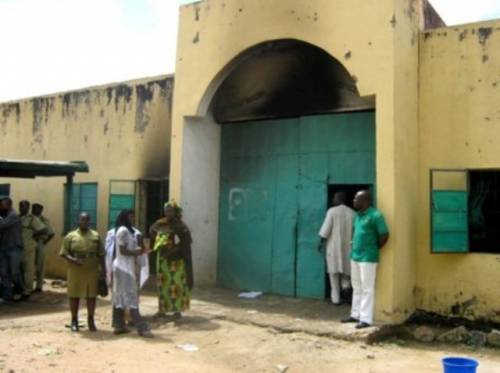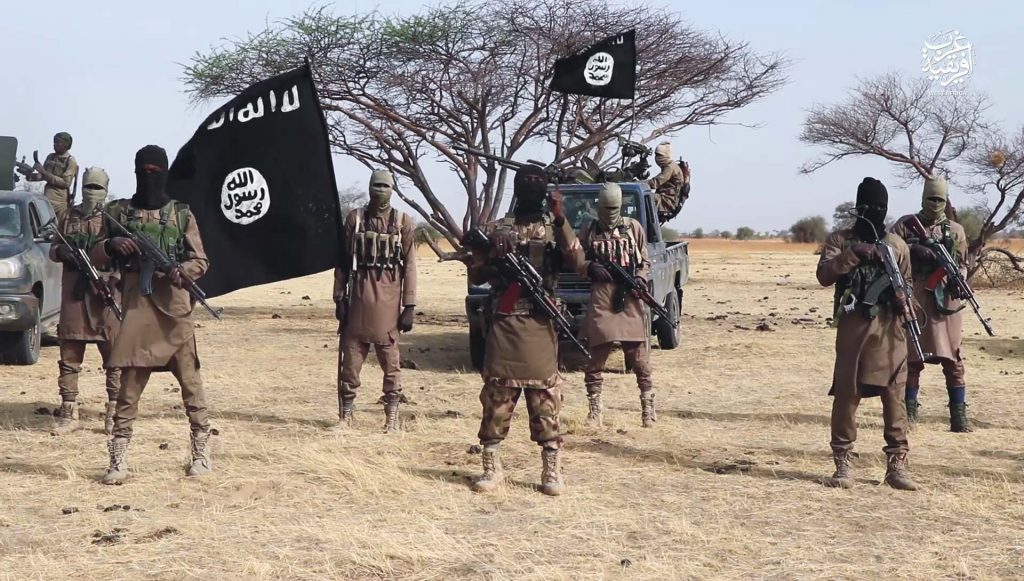Apart from handing over five prominent terrorists to Boko Haram in exchange for the release of 82 Chibok girls recently, €2m was also paid to the terr
Apart from handing over five prominent terrorists to Boko Haram in exchange for the release of 82 Chibok girls recently, €2m was also paid to the terrorist group, the British Broadcasting Corporation reports.
President Muhammadu Buhari was alleged to have been reluctant in approving the disbursement of the money. According to the BBC, the money paid in cash was handed over to the insurgents in exchange for the release of the girls. The report noted that the five senior Boko Haram militants were bomb-makers. It noted further that it took a lot of convincing to get Buhari to approve the money.
“It should have happened sooner, but the President was hesitating about freeing the five (commanders) and especially about the money,” the BBC quoted a source with detailed knowledge of the deal, as saying.“The issue of the money was the most difficult part of the whole negotiation. He didn’t want to pay any money. The ransom was €2m. Boko Haram asked for euros. They chose the suspects and gave us the list of girls who would be freed,” the source added.
The report added that though there were setbacks during the negotiation, trust was gradually built on both sides. A human rights lawyer, Zanna Mustapha, was part of the negotiations, and was the key middleman in the release of the 82 Chibok girls. With more than a hundred Chibok girls still being held, efforts to get them released are continuing. There are thought to be at least 13 more Boko Haram commanders in the Federal Government’s custody who could be exchanged.
Speaking on the money paid by the Presidency, a retired military officer, Col. Olusegun Oloruntoba, pointed out that no amount of money or sacrifice was too much to bring back the Chibok girls.
“No amount of money can buy a life; how much more that of 82 young lives. The ransom paid is in favour of Nigeria and the Chibok girls’ family in particular. I urge the Federal Government to go ahead and make whatever sacrifice it takes to effect the release of the remaining Chibok girls.”
However, the Minister of Information and Culture, Mr. Lai Mohammed, in an interview denied the allegations that the Federal Government paid a ransom of €2m for the release of 82 Chibok schoolgirls. The minister said only five Boko Haram commanders were released in exchange for the girls.
He said, “I emphatically deny on behalf of the Federal Government that any form of ransom was paid in exchange for the release of the 82 Chibok girls. Apart from the five Boko Haram commanders, the exchange of which we had already made public, no other concession was made. Any other thing to the contrary is absolutely false.”
Meanwhile, a group of the Chibok girls freed from Nigeria’s Boko Haram militants have been reunited with their families. The 82 girls, who were part of a huge group kidnapped from their school in 2014, are in the care of security services in the capital, Abuja. Their parents travelled by bus through the night to meet their daughters. More than 100 of the 276 girls, taken from the town of Chibok, are still being held by the militant group. Their whereabouts are unknown.
The reunion in Abuja had a celebratory atmosphere, with music and dance. The 82 young women were only freed two weeks earlier in exchange for five Boko Haram militants. The most recent group freed was supposed to have 83 girls, but one refused to leave saying she was happy and had found a husband, a Nigerian government spokesman said.
The freed girls remain in government care – under the eye of security services who are questioning them about their time spent as captives. After the girls were abducted from their school in April 2014, a massive global awareness campaign began, using the Twitter hashtag #BringBackOurGirls. The Chibok girls represent a fraction of the women captured by the militant group, estimates for which number in the thousands.







